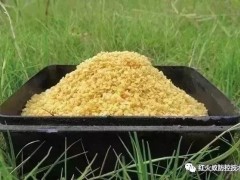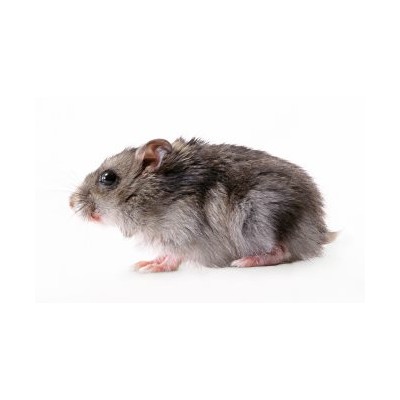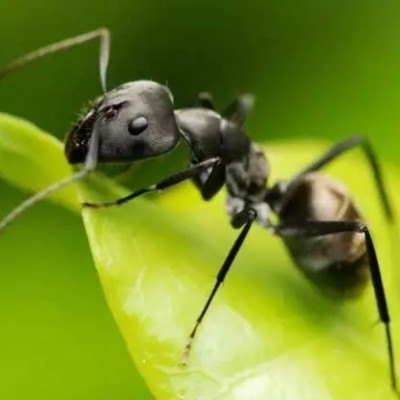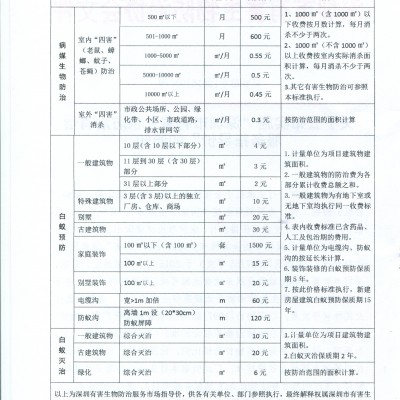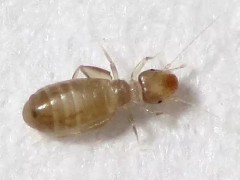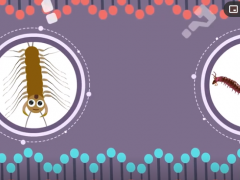Introduction
When it comes to effective pest and disease control in plants, there are a variety of methods that can be used. In many cases, growers and gardeners look for safe and effective ways to prevent or eliminate harmful insects and diseases without resorting to synthetic pesticides. This is where natural remedies come in - a range of options obtained from natural sources that are considered safe and eco-friendly. Some of these methods have been used for centuries, while others have only recently gained popularity.
1. Neem oil
Neem oil is a natural remedy derived from the seeds of the neem tree, which is native to India. It is known to contain compounds that can repel insects, disrupt their feeding patterns, and even kill them. Neem oil has antifungal, antibacterial, and anti-inflammatory properties, which make it effective in controlling a range of diseases, including powdery mildew, downy mildew, rust, and anthracnose.
2. Garlic
Garlic has a long history of use as a natural pesticide, thanks to its strong odor and potent compounds. It is rich in sulfur, which is toxic to many insects, and also contains diallyl disulfide - a compound that is lethal to aphids, thrips, and whiteflies. To use garlic as a pest control method, you can either plant garlic cloves around your crops or make a spray by blending garlic cloves with water and essential oils such as peppermint or rosemary.
3. Soap sprays
Soap sprays are effective against soft-bodied insects such as aphids, mites, and mealybugs. The soap works by breaking down the insect's outer waxy layer, causing them to dehydrate and die. You can make your own soap spray by mixing mild liquid soap with water, or you can buy ready-made products. Just be sure to test the spray on a small area of your plant before applying it more widely.
4. Companion planting
Companion planting is a method of planting different crops together in order to repel pests, attract beneficial insects, or improve soil nutrient levels. For example, planting marigolds alongside vegetables such as tomatoes or peppers can repel nematodes, while planting certain herbs such as basil or mint can attract beneficial honeybees or ladybugs.
5. Essential oils
Essential oils such as peppermint, tea tree, and eucalyptus are known to have insecticidal properties. They can be used as a spray or applied directly onto the plant leaves to repel or kill insects, mites, and other pests. However, essential oils should be diluted properly and used with caution, as they can also harm beneficial insects such as bees and butterflies.
Conclusion
There are numerous safe and effective ways to control pests and diseases in plants without resorting to synthetic pesticides. From using neem oil to planting companion crops, experimenting with natural remedies can be a fun and rewarding way to protect your garden from harm. Just remember to do your research, follow directions carefully, and adjust your methods as needed to find what works best for your specific situation.




















